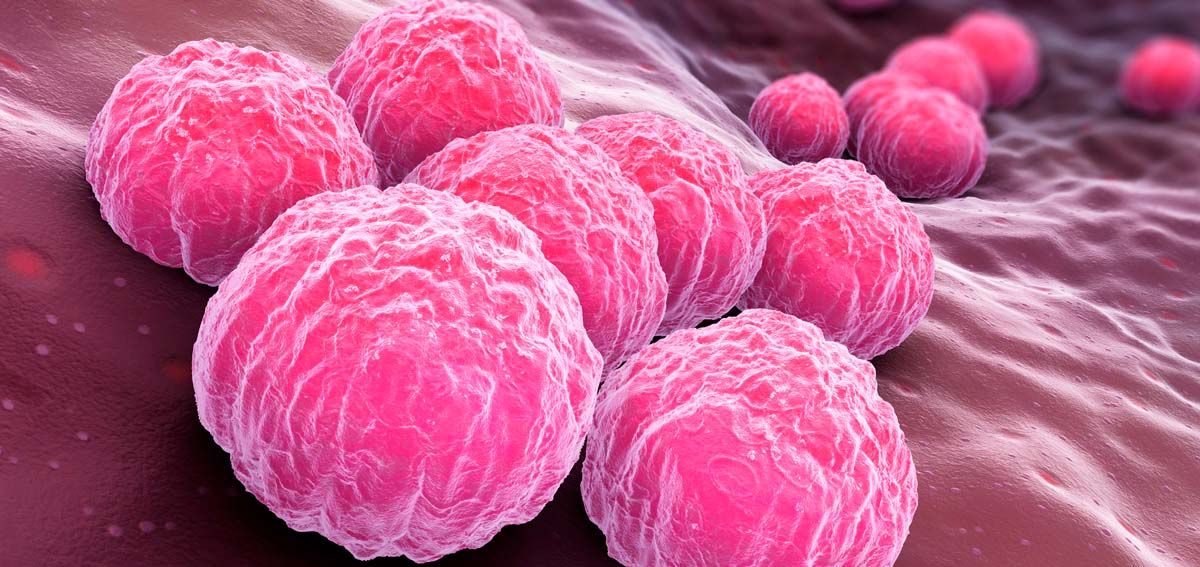
Chlamydia
What is chlamydia?
Chlamydia is a very common sexually transmissible infection (STI) which is caused by a bacterium called chlamydia trachomatis. It is the most common bacterial STI in young people under 30 in Australia. Chlamydia is easy to catch, easy to test, and easy to treat.
It can cause infection of the cervix, anus, throat, urethra(penis), and occasionally the eyes.
How do you get chlamydia?
You get chlamydia by having sex without a condom with a person who has the infection. Chlamydia is sometimes also transmitted through oral sex.
Is a chlamydia infection serious?
If chlamydia is left undetected and untreated, it can cause serious health problems; this includes Pelvic Inflammatory Disease (PID). PID is a serious infection of the uterus(womb) and the fallopian tubes and can lead to chronic pelvic pain and infertility.
Chlamydia infection can also cause damage to the small tubes in the testes which can also affect fertility. Early detection and treatment can prevent these problems occurring.
What are the symptoms of chlamydia?
Most people with chlamydia have no symptoms. This is why it’s important to test regularly. If symptoms do occur, they include:
If you have a vagina:
- Unusual vaginal bleeding (between periods or after sex)
- Unusual vaginal discharge
- Pelvic pain
- Pain during sex
- Pain or burning passing urine
If you have a penis:
- A discharge from the penis (often clear)
- Redness at the tip of the penis
- Pain and swelling in the testicles
- Pain or burning passing urine
Anus:
- Pain or bleeding from the anus
How do you test for chlamydia?
Testing for chlamydia is easy.
- If you have a penis, the test for chlamydia is a urine test.
- If you have a vagina, the test for chlamydia is a self-collected vaginal swab or a urine test.
- If you are having anal sex, you may also need a self-collected anal swab.
When should I have a test for chlamydia?
You should have a chlamydia test if:
- You have ever had unprotected sex.
- You have had a new sexual partner since your last chlamydia test.
- You have a sexual partner who has been diagnosed with chlamydia or another STI.
- Your sexual partner has had sex with a person who may have chlamydia.
- You have been diagnosed as having another STI.
- You have any signs or symptoms.
How do you treat chlamydia?
Chlamydia is treated with oral antibiotics. If you have symptoms you may need different antibiotics, your doctor will discuss this with you.
How long does it take after treatment for any symptoms to go away??
If you have symptoms, they should start to go away within a few days of starting treatment.
When can I have sex again after treatment for chlamydia?
It is essential that you do not have any sex until seven days after you finish your treatment. If your partner has been treated, you must not have sex with them again until seven days after they finish their treatment.
Do I need to be tested again?
Yes, you should have a test of re-infection three months after treatment.
How do I protect myself from chlamydia?
The best way to protect yourself from chlamydia infection is to use condoms when having sex (or a dam for oral sex). To fully protect yourself, you need to use a condom the whole time you have sex, so you avoid sharing any body fluids.
Sex toys also need to be washed or use a condom to cover them before sharing between partners.
How do I tell them?
Yes, you should have a test of re-infection three months after treatment.
How do I protect myself from chlamydia?
The best way to protect yourself from chlamydia infection ismto use condoms when having sex (or a dam for oral sex). To fully protect yourself, you need to use a condom the whole time you have sex, so you avoid sharing any body fluids. Sex toys also need to be washed or use a condom to cover them before sharing between partners.
Do I need to tell my sexual partners that I have been diagnosed with chlamydia?
Yes, you will need to tell any sexual partners from the last six months so that they can be tested and treated. Telling sexual partners is the best way to control the spread of chlamydia.
LET THEM KNOW
It is best to tell partners directly, either in person, by phone call, or text message. Your nurse or doctor can help you with this if needed. In addition, there are websites which allow you to anonymously notify someone that they have been exposed to an STI. These websites are:
THE DRAMA DOWN UNDER
thedramadownunder.info/let-them-know
This website is specifically for gay men, or men with male sexual partners, and allows you to contact several people in one go.
WHERE TO GO FOR INFORMATION AND TESTING
Sexual Health & Family Planning ACT (SHFPACT)
Call 026247 3077 or visit shfpact.org.au
Canberra Sexual Health Centre (Canberra Hospital)
Call 02 6244 2184 or visit health.act.gov.au/sexualhealth
Your own GP or local Health Centre
FOR OTHER HEALTH SERVICES AND INFORMATION This email address is being protected from spambots. You need JavaScript enabled to view it. OR CALL 02 6247 3077
- Created on .
- Last updated on .